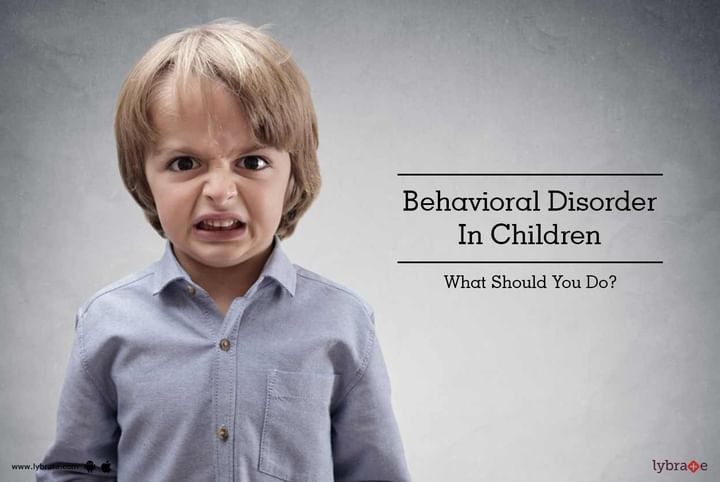Behavioral Disorder In Children - What Should You Do?
Childhood is bliss, and naturally, it is the ardent desire of every parent to help their child develop as well-rounded adults. However, it can be highly disconcerting if a young child behaves in a defiant, uncooperative manner with extreme hostility towards you. If this is the case, then you must consult with a psychiatrist to find out if your child is suffering from a behavioral disorder which is typically characterized by repetitive and persistent behavior for at least 6 months and more, which are uncommon in other children of the same age.
Types of behavioral disorder
Behavioral disorder can be of various types. However, among the children within 14 years of age, there are three most common types of behavioral disorders. These are conduct disorder where children become violent, aggressive and deceitful, attention deficit hyperactivity disorder, where they fail to stay attentive to one thing for long and oppositional defiant disorder, where the children fail to follow disciplines and become argumentative, and defiant.
Common signs
Some of the common signs of a behavioral disorder among children are, threatening or harming themselves or people around them, getting into arguments frequently and throwing tantrums excessively. It might also include getting attracted to different addictions at an early age such as drug use or smoking, inability to perform well in school or developing a tendency to skip school, destroying and damaging property, stealing or lying.
Causes behind it
Factors causing children to develop behavioral disorder can be various. In some cases, it can be a solely genetic reason where the frontal lobe of the brain fails to act correctly. But for others, the reason may be the environment or the way the children are brought up, such as, being a victim of child abuse, or having a dysfunctional family, being neglected, etc.
Probable risks involved
Developing behavioral disorder not only disrupts the daily functioning and activities of a child, but it makes children burst in sudden anger, erupt in defiance, ignoring the disciplines, hampering the harmony and peace of a household.
Ways of dealing with it
The treatments that are available for dealing with behavioral disorder in children are multifaceted, depending on the factors contributing to it and the condition of the child. First of all, the parents need to develop traits like empathy, calm temperament and a cooperative attitude to better communicate with their children. Along with teaching the children various social skills, teaching them anger management, and encouraging them in their hobbies, prescribed medications, family therapy as well as cognitive behavioral therapy might be helpful.
If left untreated for long, behavioral disorder in children can cause severe mental health issues, leading them even to become dysfunctional adults.
In case you have a concern or query you can always consult an expert & get answers to your questions!



+1.svg)
